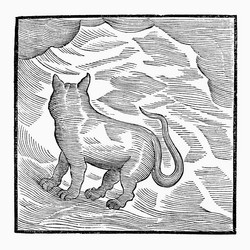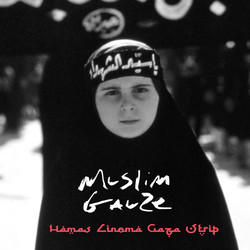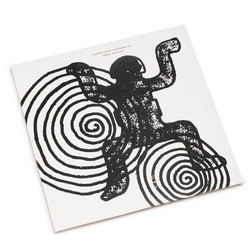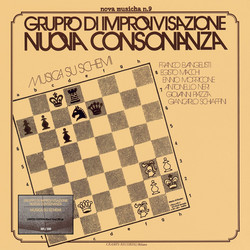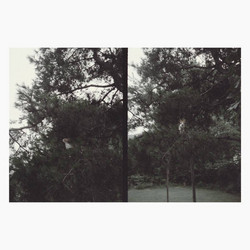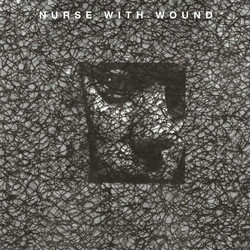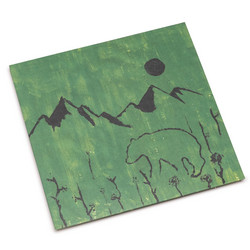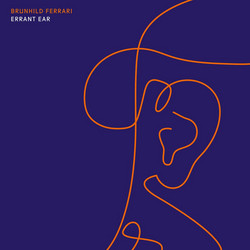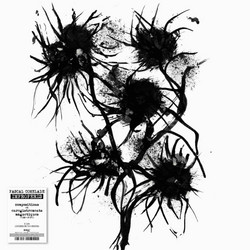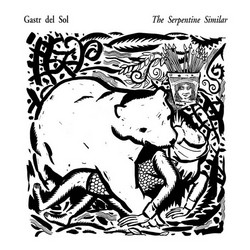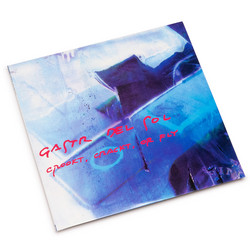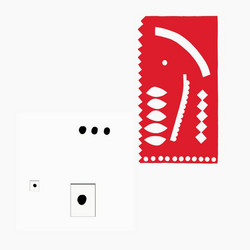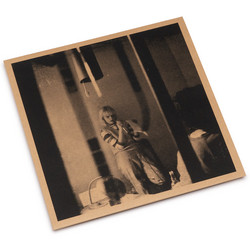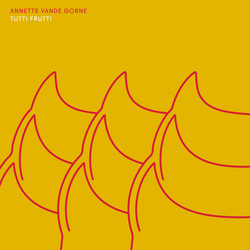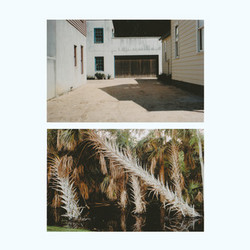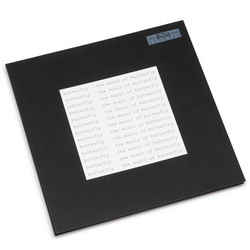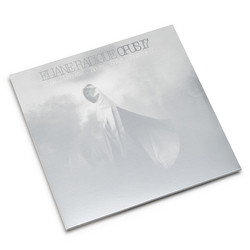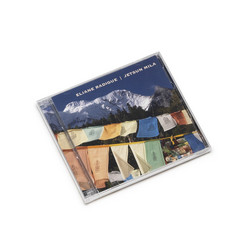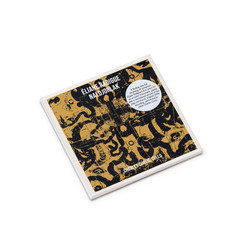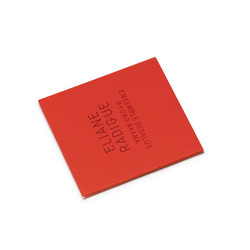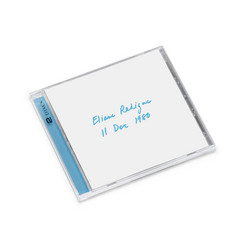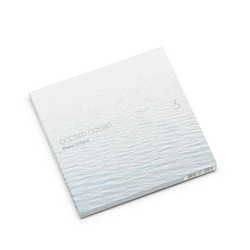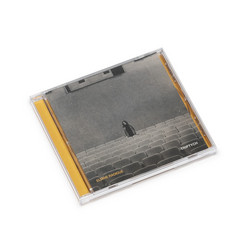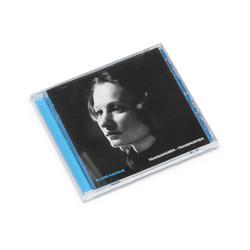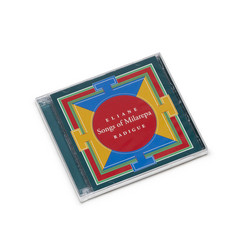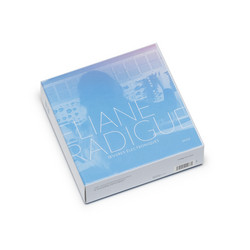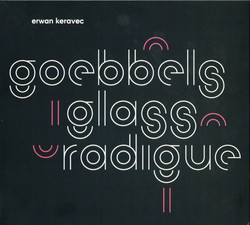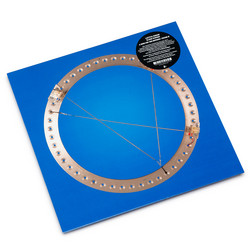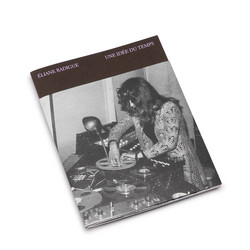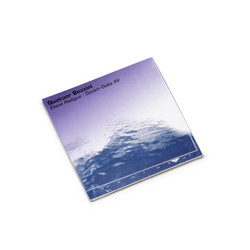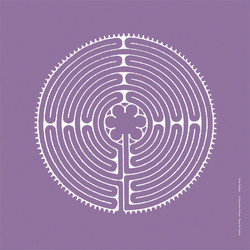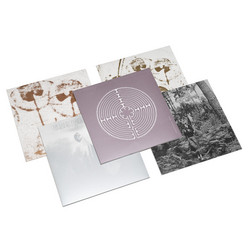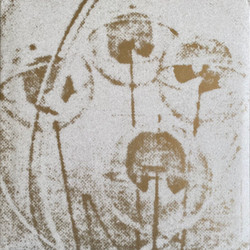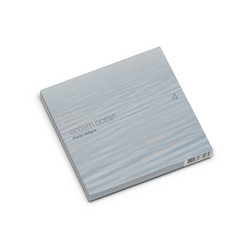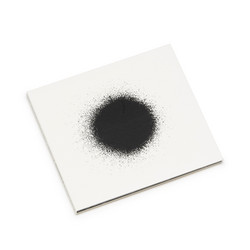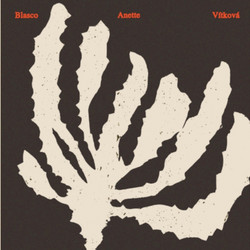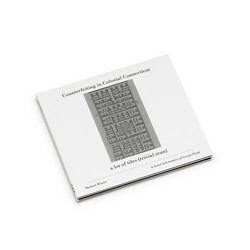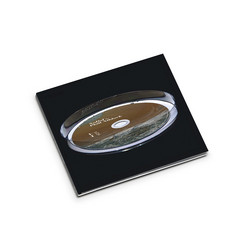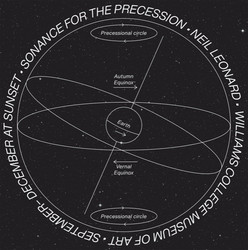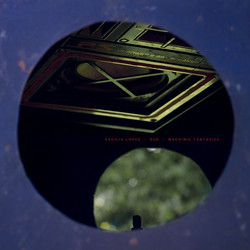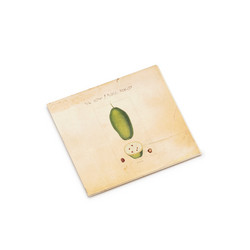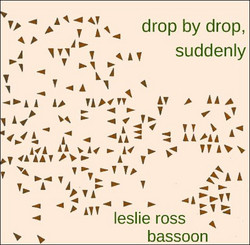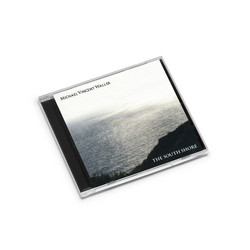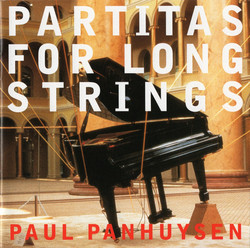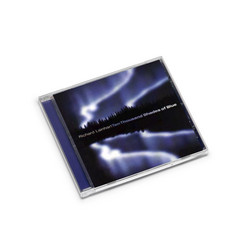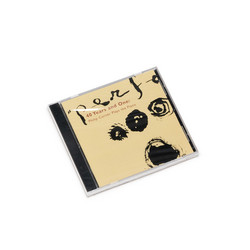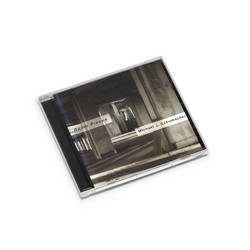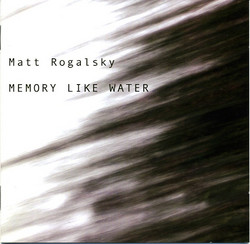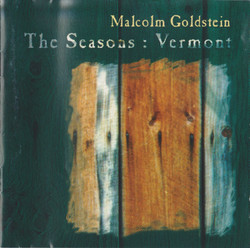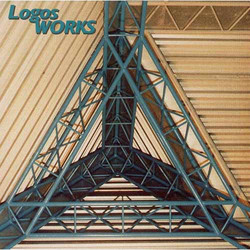One of the landmarks of minimalism, Radigue's sonic investigation into life, death, and life elsewhere after death, considered to be Eliane Radigue's masterpiece. "Trilogie de la Mort is a work in three parts. The first, Kyema, was originally released by XI in 1992. The 2nd and 3rd parts, Kailasha and Koumé are being released for the first time and the trilogy now makes its debut as a whole [this 3CD set is being sold for the cost of 2 CDs to make up for the prior availability Kyema]. 'Kyema' is inspired by the texts of Bardo-Thodol (The Tibetan Book of the Dead). This work evokes the six intermediate states which constitute the 'existential continuity' of the being. 'Radigue's 'Kyema' explores electronically the full range of existence, going beyond death and back into the exuberance of physical life, expanding the musical consciousness of the uninitiated, leading one in a cyclical voyage through a myriad of tones, drones, and warbles where the end is only the beginning.' -- Neil Strauss. 'Kailasha', the second chapter in the work, is structured on an imaginary pilgrimage around Mt. Kailash, one of the most sacred mountains in the Himalayas; considered as a path to other spheres of existence. 'Kouma' makes up the last part of the trilogy and emphasizes the transcendence of death. It is the descent to the deepest, where the spark of life is. There, Death is born. Death becomes birth. Activity re-beginning. Eternity, a perpetual 'becoming'."
One of the 20th century's great fanatics, Radigue spent eight years handcreafting this three-hour, three-disc, Tibetan-inspired, death-transcending elegy for her son, and if you're not a deep listener, all you'll hear is a hum. Overtones of gently pulsing drones are Radigue's themes, but her sweep is symphonic. Biooming bass tones test the limits of your loudspeakers, and withing them string orchestras and bagpipes seem to play dirgesbut everything is analogue electronics. When the music goes from sweet to sad, or from roaring climax to pure quiet in the final half-hour, the change is so imperceptibly gradual that it sweeps you along all the more. You have to slow your day way down just to begin appreciating this, and that's not a bad idea." -- Kyle Gann, The Village Voice
Taken separately, "Songs of Milarepa" and "Trilogie de la Mort" stand as landmarks of minimalism; together, they confirm Eliane Radigue as a unique and major voice in contemporary music.... "Trilogie De La Mort," an extended sonic meditation on death and birth, is arguably still more impressive. "Kailasha," the second part, traces a turbulent imaginary journey around the most sacred mountain in the Himalayas, a route reputed to lead into other spheres of being. Radigue's notes to "Koum," the final part, affirm doctrines of rebirth through Christian references, but the soundworld is entirely consistent with the earlier sections. Parallels with other music may assist the uninitiated, but Radigue's work really is unique. The singularity of her achievement only enhances its magnitude." -- Julian Cowley, The Wire


